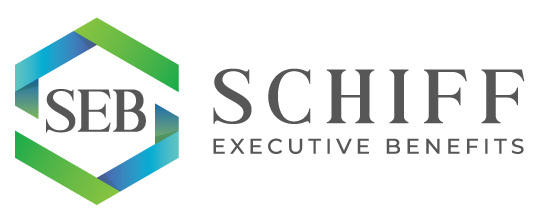Company Owned Life Insurance (COLI)
There has been much written about Company Owned Life Insurance (COLI) in the last 20 years. Over that time, Congress and the Senate have affirmed that COLI is a useful asset if designed properly. IRC 101(J) specifically is the law that covers how a company must document its ownership in life insurance on its employees.
Company Owned Life Insurance is a policy where the company is the owner, payor and beneficiary of a life insurance policy on a key employee or management employee. The premium is paid with after-tax money but the cash usually grows tax deferred and the company will ultimately recognize a tax-free death proceed, if designed and maintained properly. In addition, the life insurance is usually valued at its cash surrender value, which is advantageous over normal pay as you go or mutual fund alternative funding options.
These policies are usually purchased by a company in conjunction with the implementation of an executive benefit plan, a SERP or deferred compensation plan, or in the instance of a bank, to help recover or finance the benefit costs of their existing plans (401K, health insurance, LTC, LTD or other welfare benefit programs). These policies are an asset of the corporation and can be very useful in “informally funding” these benefit plans over the life of the insured employee.
Unlike individually purchased policies where the cash surrender value is almost zero in the first year, these institutional contracts cash surrender values are usually close to the initial premium or may even exceed it based upon the crediting rate of interest in the first year. In some cases there is limited underwriting and possibly even guaranteed to issue policies (depending on the number of insureds).
When designed properly, a COLI program can be an extremely useful asset.


